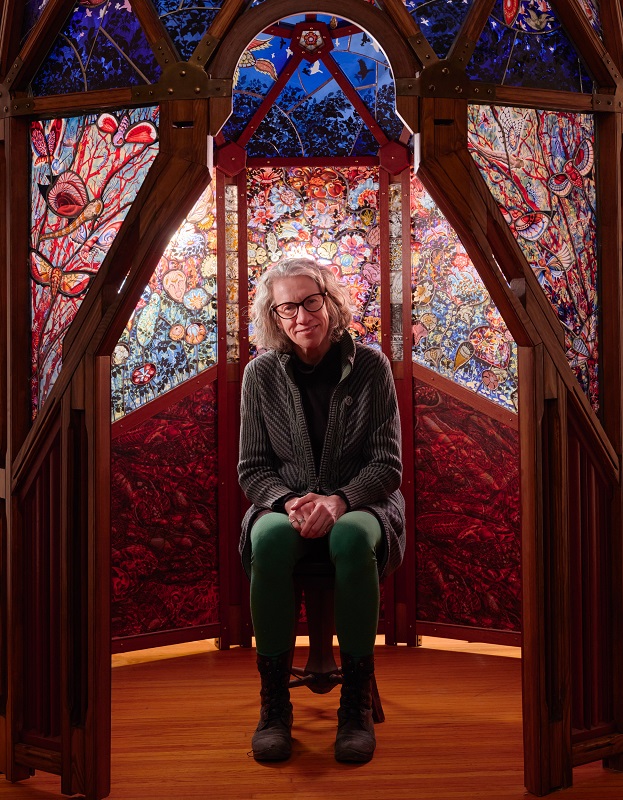By Stuart Mitchner
…my first love, my darling.
—Isambard Kingdom Brunel on the Clifton Suspension Bridge
 Born April 9, 1806, British engineer Isambard Kingdom Brunel once claimed that the “most wonderful feat” he ever performed was producing “unanimity among 15 men who were all quarrelling about that most ticklish subject — taste.” He was referring to the panel of experts that approved his ambitious design for the Clifton Suspension Bridge in Bristol, the longest in the world at the time of its construction in 1831.
Born April 9, 1806, British engineer Isambard Kingdom Brunel once claimed that the “most wonderful feat” he ever performed was producing “unanimity among 15 men who were all quarrelling about that most ticklish subject — taste.” He was referring to the panel of experts that approved his ambitious design for the Clifton Suspension Bridge in Bristol, the longest in the world at the time of its construction in 1831.
In a 2002 BBC Poll of the “100 Greatest Britons,” Brunel came in second to Winston Churchill and ahead of Princess Diana, Charles Darwin, William Shakespeare, Sir Isaac Newton, Elizabeth I, and John Lennon. While his contributions to English life were no more than bridges and tunnels, the Great Western Railway, Paddington Station, and numerous steamships, Brunel somehow managed to outrank William Blake (38); Charles Dickens (41); Florence Nightingale (52); Freddie Mercury (58); Charlie Chaplin (66); Tony Blair (67); Jane Austen (70); Geoffrey Chaucer (81); Richard III (82); J.R.R. Tolkien (92); Richard Burton the actor, not the explorer (96); and David Livingstone the explorer (98). The world-makers Blake, Chaucer, and Shakespeare aside, where are the poets? Don’t ask. Milton, Keats, Shelley, Coleridge, and Wordsworth, among numerous others, didn’t make the list.
What does a poll that places Margaret Thatcher (16) ahead of Queen Victoria (18) and Queen Elizabeth II (24) say about the state of that “ticklish subject taste” in England two years this side of the millennium? You can find the full list at geni.com (“Home of the world’s largest family tree”). Although I’m not here to praise the U.K. or to bury it, only to celebrate a bridge and its builder, my impression of the extremes on the list suggest a possible explanation for Mad Merry Old England’s fling with Brexit 14 years later. more


 Born April 9, 1806, British engineer Isambard Kingdom Brunel once claimed that the “most wonderful feat” he ever performed was producing “unanimity among 15 men who were all quarrelling about that most ticklish subject — taste.” He was referring to the panel of experts that approved his ambitious design for the Clifton Suspension Bridge in Bristol, the longest in the world at the time of its construction in 1831.
Born April 9, 1806, British engineer Isambard Kingdom Brunel once claimed that the “most wonderful feat” he ever performed was producing “unanimity among 15 men who were all quarrelling about that most ticklish subject — taste.” He was referring to the panel of experts that approved his ambitious design for the Clifton Suspension Bridge in Bristol, the longest in the world at the time of its construction in 1831.
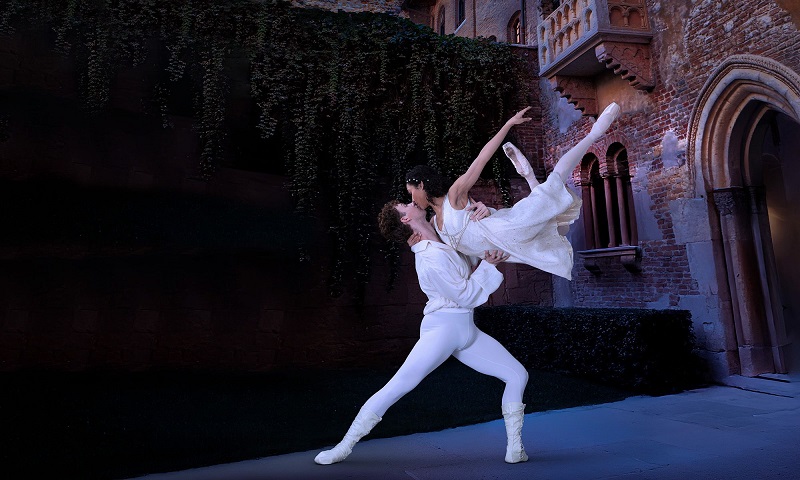

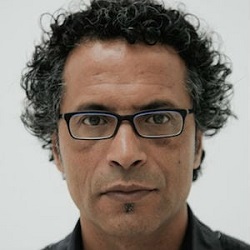
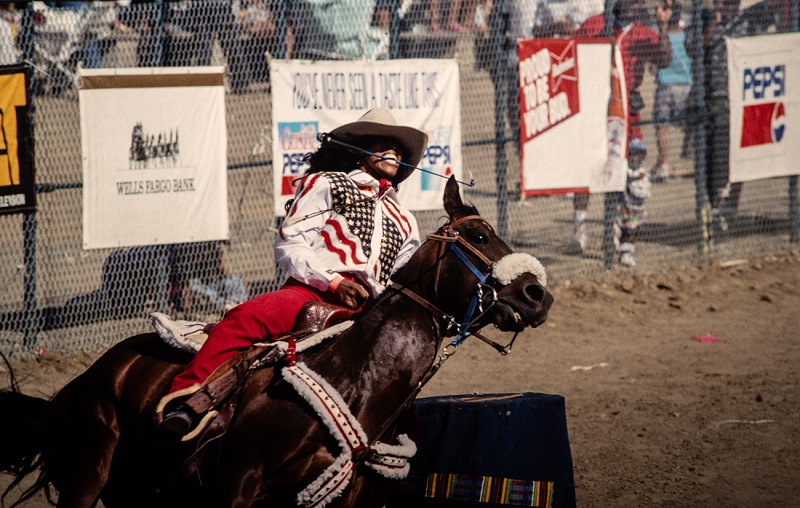
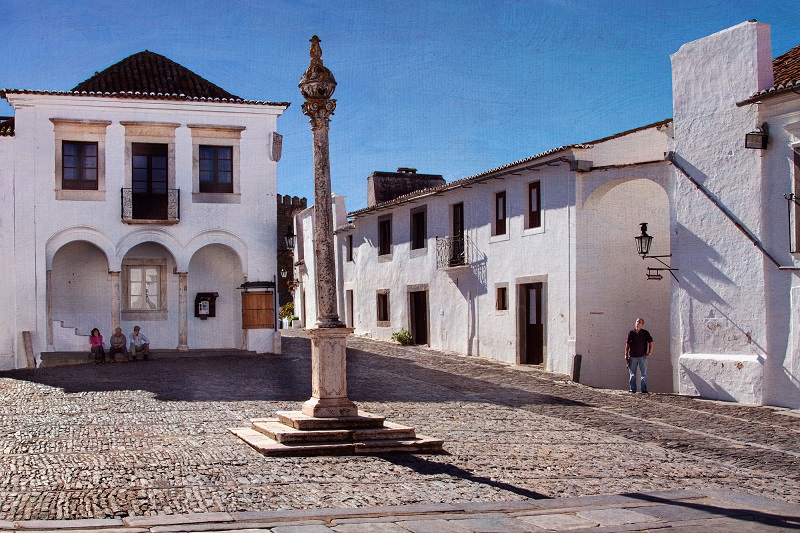

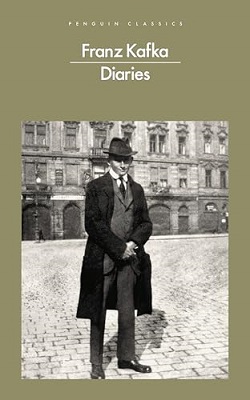 On April 13, the Czech migrant who has been residing at 225 Madison Avenue since November 22, 2024, will be leaving town. I’ve had almost four months to visit the Morgan Library & Museum’s exhibit commemorating Franz Kafka’s June 3, 1924 death and yet here I sit in my study with a copy of Diaries 1910-1923 open to a facsimile of the undated first page, which begins with a single sentence: “The onlookers go rigid when the train goes past.”
On April 13, the Czech migrant who has been residing at 225 Madison Avenue since November 22, 2024, will be leaving town. I’ve had almost four months to visit the Morgan Library & Museum’s exhibit commemorating Franz Kafka’s June 3, 1924 death and yet here I sit in my study with a copy of Diaries 1910-1923 open to a facsimile of the undated first page, which begins with a single sentence: “The onlookers go rigid when the train goes past.”






